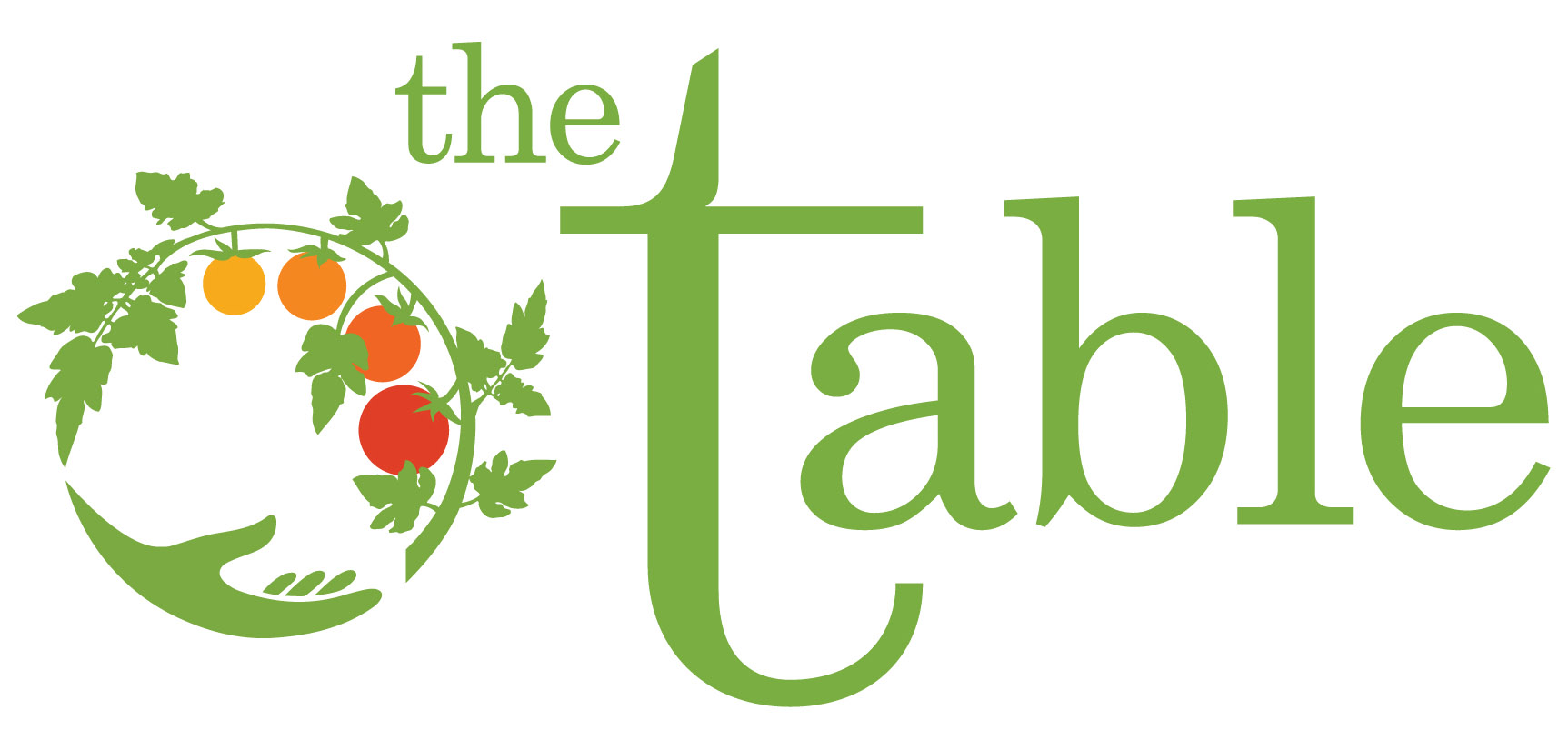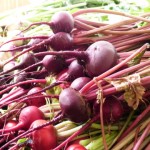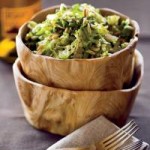Late yesterday afternoon Denver experienced a weather event, to say the least. We watched the clouds swirl around and a few short moments later the hail came down in sheets. We watched in vain as our front yard garden suffered the punishment of the hail. Of course we wondered what else we would find in the 22 other yard gardens we tend. Wondered and worried.
Today we took account of what we found…and it’s not pretty. Tomato plants have been reduced to spindly stems. Peas in full production have been broken off at the base. Onions, beats, and kale have been shredded. The garden tour this morning left us feeling helpless and hopeless.
The signs found in each yard garden proclaim “This is more than a yard garden.” That’s true on many levels. For Jeanine, our garden guru (among many other things), these gardens are an extension of her. Nearly every day she pours not just time and energy but also her heart and soul into the health of the soil and the plants. To see the focus of your work potentially taken away before your very eyes is, as our farm coach described it, “soul crushing.”
We don’t know what will become of the gardens. We don’t know what will survive and produce, if anything. Time will tell. We will wait and see. We expect help will be needed. We will let you know what we find out.
In the meantime, all is not lost…because these are indeed more than yard gardens. Jeanine stood before our front yard garden observing the devastation this morning when a construction worker from the project next door walked up. He looked at the same devastated garden and said to her, “I want to know how I can grow a garden like this.” Jeanine responded, “A garden like this?!?” Even in the midst of devastation, people see things differently. He saw something good, even grace-filled. He wanted a part of that.
These are more than yard gardens. We received many emails, texts, and phone calls from neighbors who said that they thought immediately of us as the hail came down last night. One of our garden landowners described our gardens as “icons in the community. People stop to grieve with you as they pass by the gardens.” The gardens facilitate relational opportunities and in times like these, where suffering happens, we are not suffering alone. The community who receives the benefits of beauty and nourishment from them grieves the loss of beauty and bounty. They recognize that what might have been might not be. And together we’re grieving.
So, we watch and wait. To see what will come. And to be reminded once again that these are much more than yard gardens. Somewhere grace will be found here.



